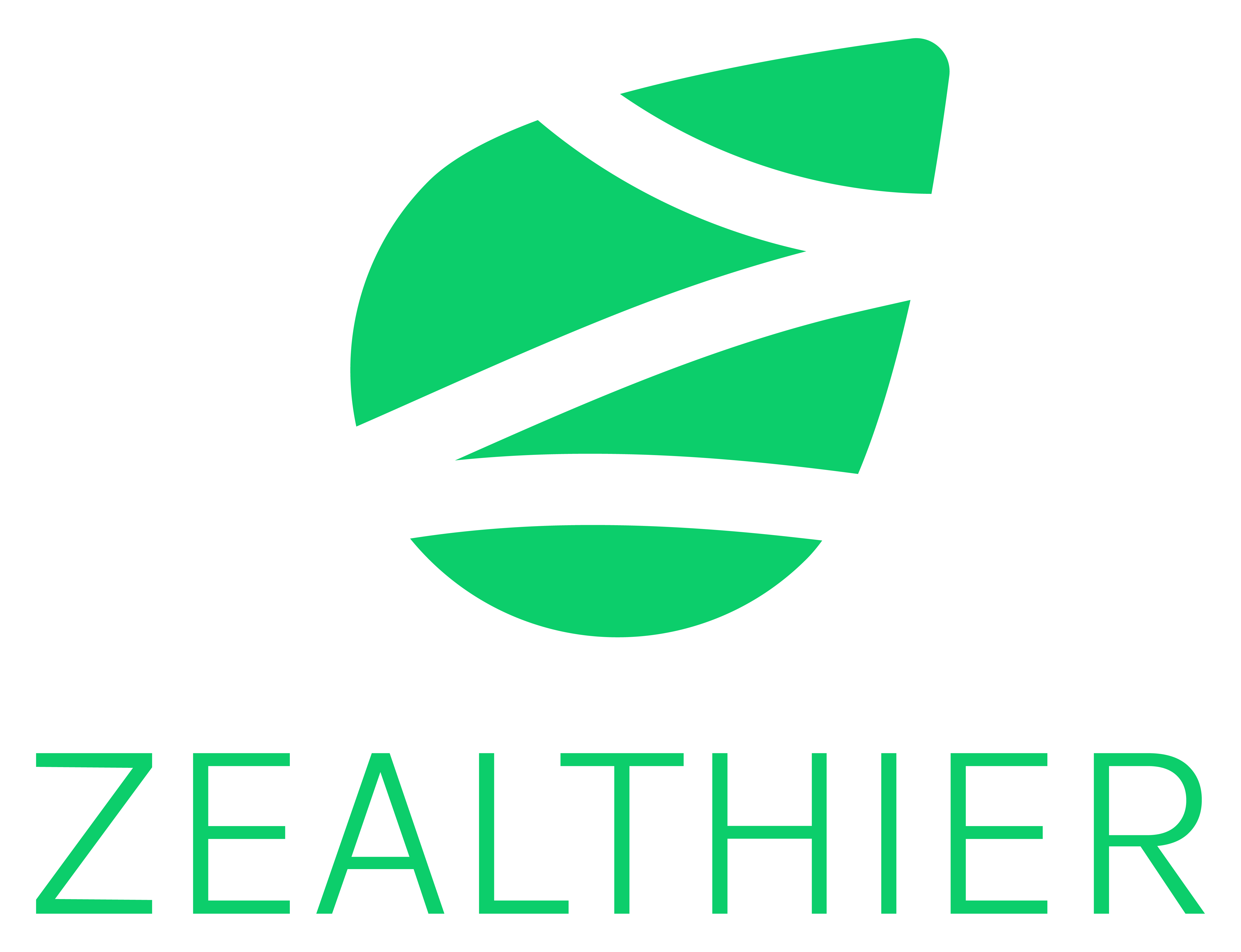
Blogs

Blogs
Welcome to Zealthier Blogs
Welcome to Zealthier Blogs, your go-to source for insightful and engaging content on health and wellness.

Intuitive Eating
It's 7:00 pm, you're famished, and you have eaten nothing all day.
A couple of coffees and a croissant for breakfast at 10 am, but you haven't stopped since. You got cut off and nearly had an accident on the drive home. When you walk in, your kids barely raise an eyelid, and you are officially hangry!
You've been so busy throughout the day the signs of hunger weren't recognisable, and now it's dinner time.
The following 30 minutes is a blur as your body finally receives the nourishment it needs, but once you start, you can't stop after the 3rd helping of your partner's cooking, and the TV goes to an ad break; you take a breath and reset.
The guilt sinks in. Oh man, what a day. You've been under pressure all day, barely felt like you've breathed, had cortisol surge through your body on the drive home and spent the last part of the day in a state of supercharged emotions as your body used its stores to operate. You've remedied that with precisely what you've needed all day, 'nutrition', but you've unfortunately overeaten and now feel bloated.
Discussing that feeling with your partner, old mate Zuckerberg listens in, and your newsfeed is bombarded with fad diet alternatives and the latest update from 'Eddie Expert'. They play on that guilt and shame, and at that moment, the words 'you need to try harder' land the final blow, enter Mr Pinot Noir, ahhhh there is that relief!
OK.... So what's going on in my brain and my body???
I've taken an artistic license here, but the behavioural patterns we remedy in nutrition coaching are similar. We talk about proactive nourishment and eating for energy when needed. Still, I wanted to introduce this concept of intuitive eating to you—the recognition of the body's cues for hunger and satiety and dialling into those and trusting them.
There are three main principles to this, and I could write chapters on it, but I will start with a brief explanation.
Reject diet culture. That guilt experienced above is a pain point marketers have capitalised on A LOT!
The weight loss industry is now worth nearly $7 Billion in Australia, while in the US, almost $70 Billion! You aren't buying if you don't need fixing. Calling this out for what it is, is the first step in intuitive eating.
The confusion around what to eat when leads to more indecision and more hunger. It would be typical for a new client to discuss attempting 3-4 different protocols in the last 6-12 months, keto, high protein, intermittent fasting, skipping meals, you name it.
It is so difficult to tune into our body cues and hunger levels when we've confused those messages with success because that's what these diets are designed for.
Honouring our hunger. I've talked to the hunger scale previously, but it is our biological cue to eat and usually operates between 3-4 hours of time, but this can be individualised based on the quality of nutrition, activity levels, metabolic rate, temperature, you name it.
Don't underestimate this principle - "you mean I have to eat more"?
My argument for that is usually not more food, just more regularly!
Feeling fullness. When was the last time you ate alone without looking at your phone or watching TV?
Better still, when was the last time you enjoyed a meal and discussed what you were eating, tasting, and feeling as you ate?
The hunger scale talks a lot about the level of satiety at the various stages of the eating process. Although it may not be as satisfying in the moment to leave food on the plate, the level of healthy satiety might be reached before the plate is finished or the bowl is empty.
This is another counter to our culture:
Firstly, to respect those who are serving us the food by finishing.
Secondly, counter to the consumption message by various marketing attempts disguised as health messages. Take A to improve B. Unfortunately, that poor person above, under so much stress, needs some perspective, trust and support to SEE!
Perhaps some questions to think about the next time you're eating:
Why are you eating?
What is your body communicating its needs? Is your stomach telling you? Your brain and emotions? Your energy?
How much your current eating behaviour is reactive to external cues versus internal cues?
When was the last time you honestly tasted every mouthful of a meal?
Yours in health
Sean Cornish
GET YOUR NUTRITION AND YOUR LIFE BACK ON TRACK!
COPYRIGHT © ZEALTHIER 2024 - PRIVACY POLICY
